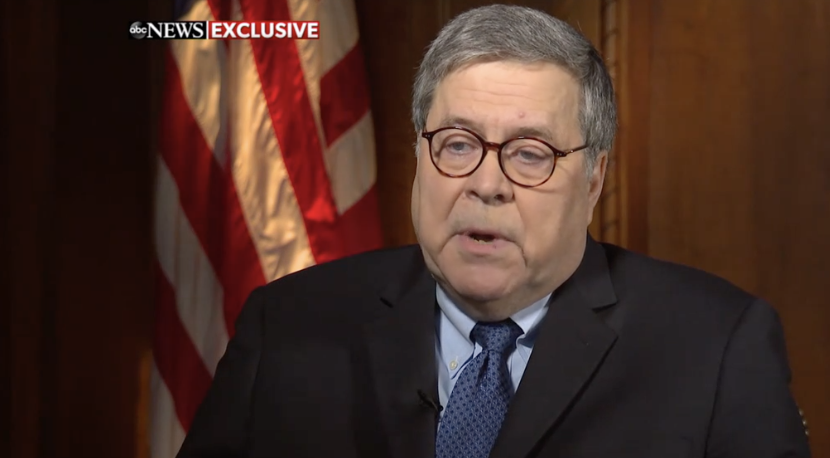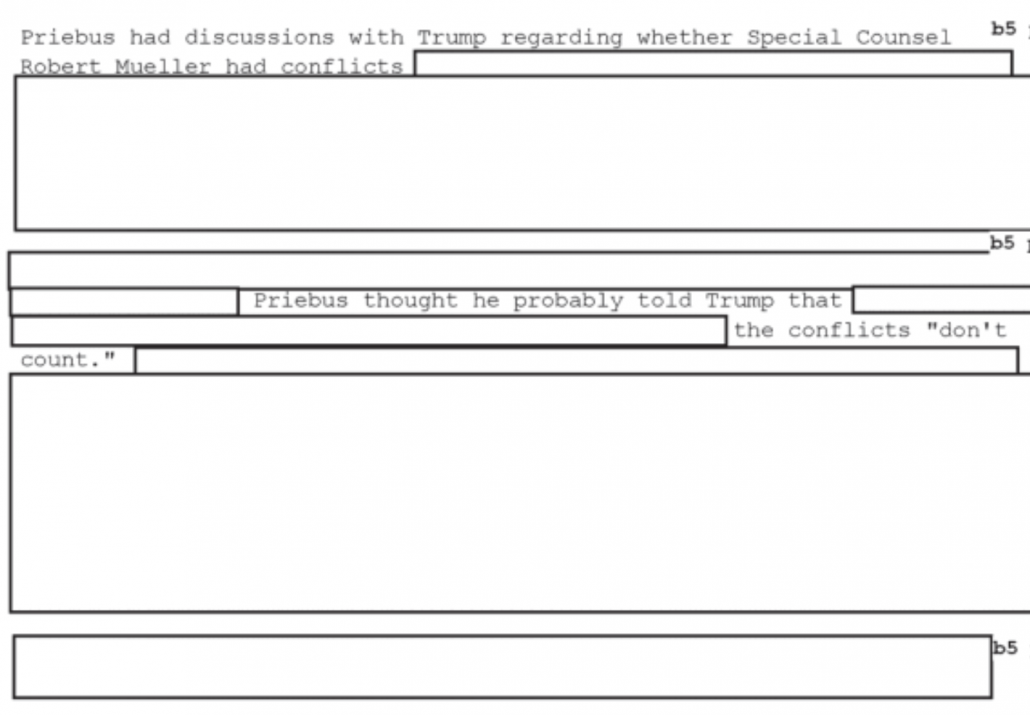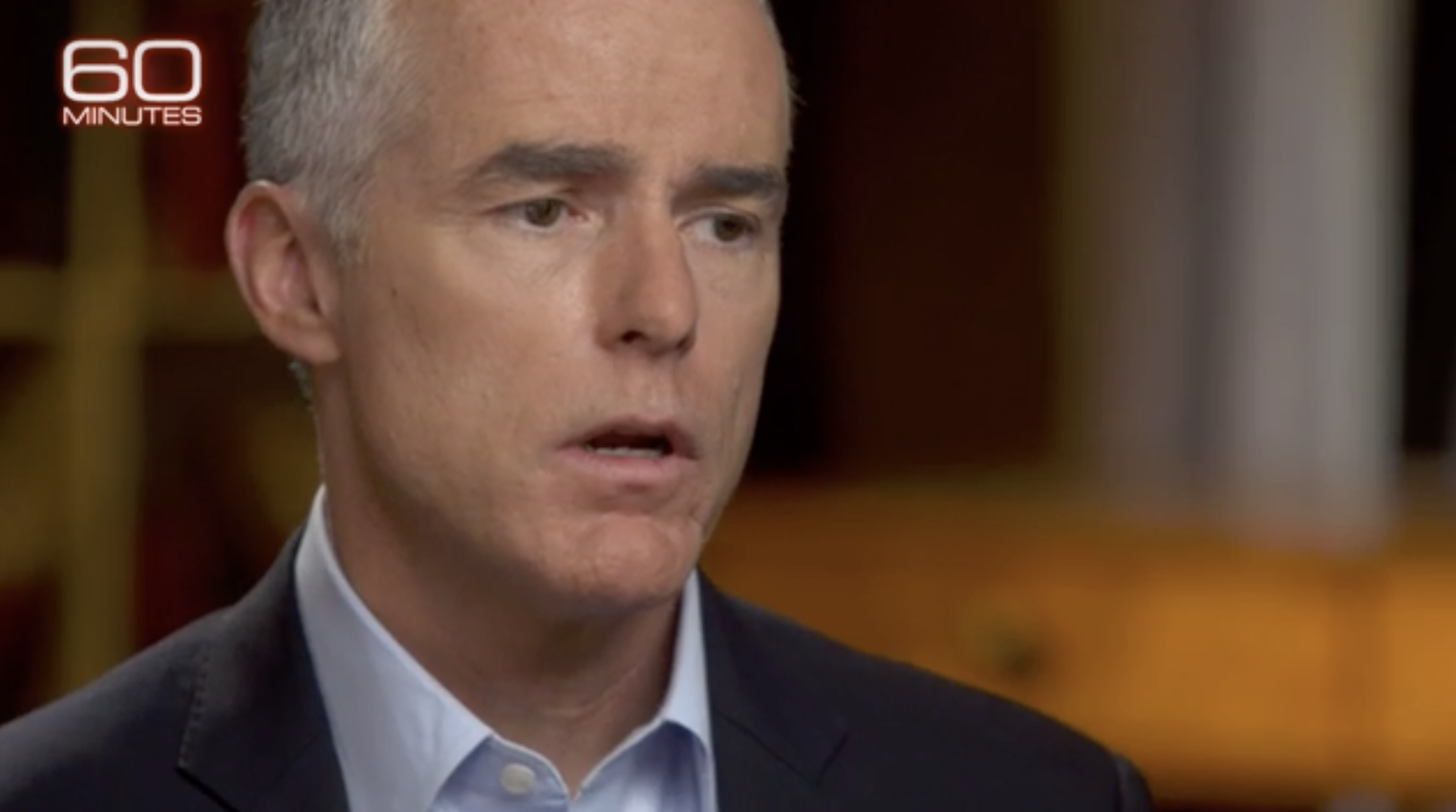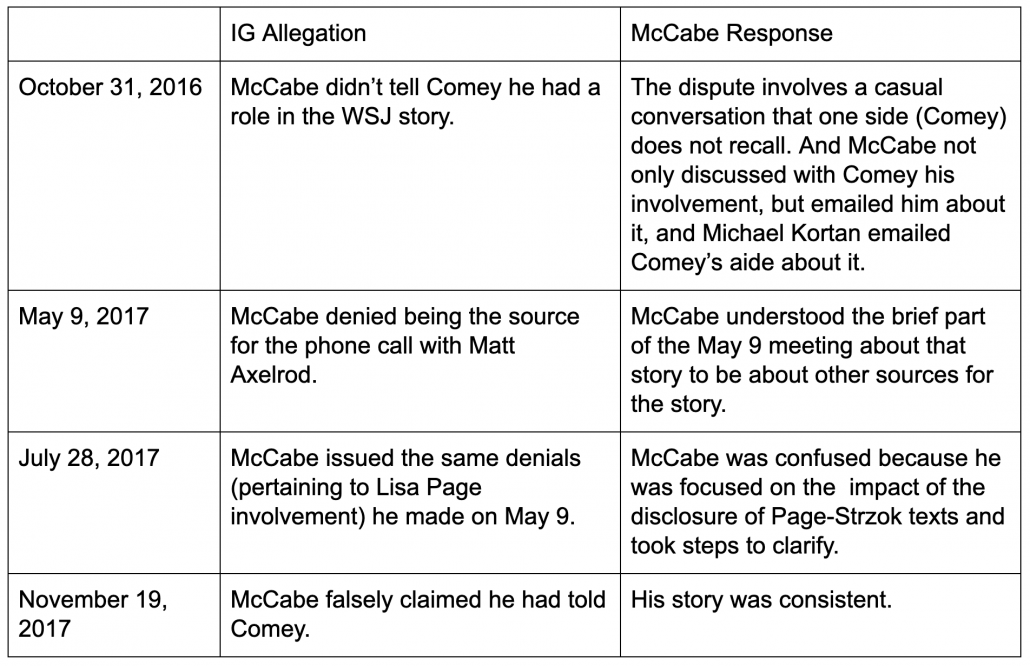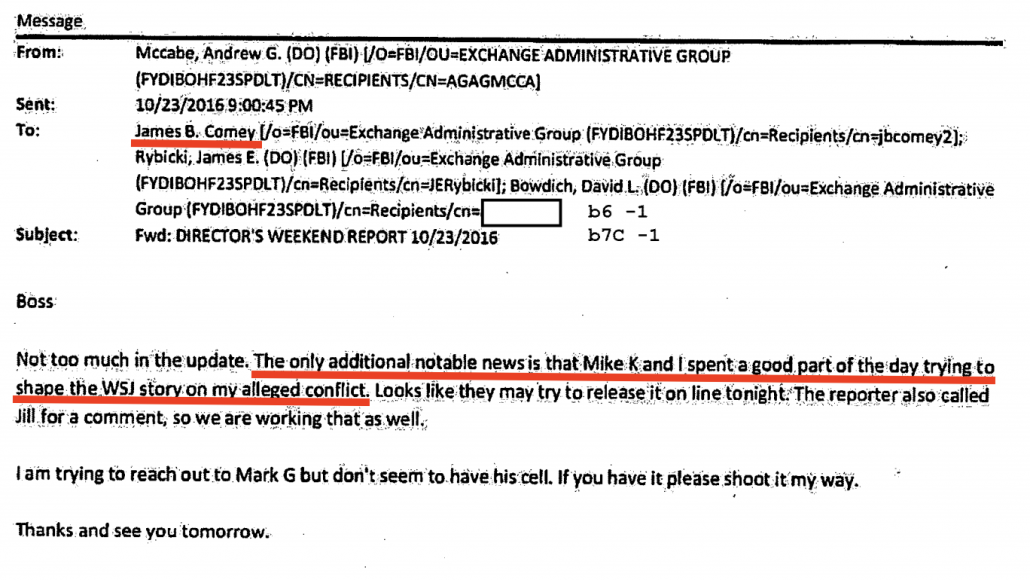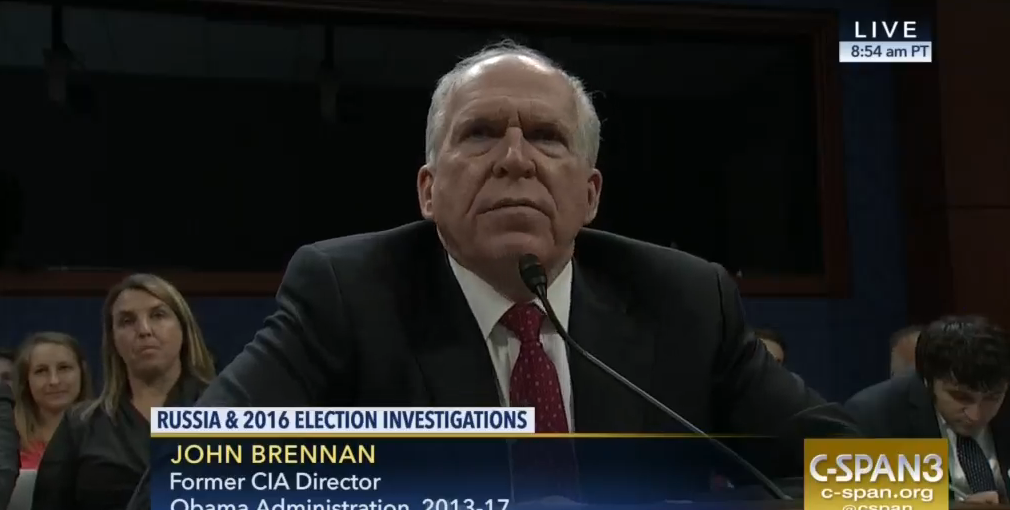Far be it for me to doubt Bill Barr’s ability to manufacture a cover-up. He’s damn good at it, that’s why he was hired, and he’s got a lot of power to use to execute one.
But it’ll be harder this time around than it was for Poppy Bush, in part because Barr’s principal has the propensity to go off half-cocked, the frothy right doesn’t think rationally, and Barr himself may believe what he sees on Fox News more than what he sees in court dockets, to the extent he even reviews court dockets.
That’s particularly true given the timeline leading up to the Tuesday Night Massacre, because it appears to show that Bill Barr removed Jessie Liu — and then Trump withdrew her nomination excusing that removal — mostly (at least as far as what is visible thus far) to intervene for Trump’s rat-fucker, Roger Stone.
At least as the timing of the DOJ filings reflect, Barr intervened with the strategy he claimed to Pierre Thomas to apply with Roger Stone with Mike Flynn, providing reasons for Judge Emmet Sullivan to sentence lightly, but leaving it up him. Importantly, Jessie Liu proved willing to do that on January 29; she signed the softened Flynn sentencing memo (though it’s possible Trump submitted her nomination on January 6 in response to the discussions around the initial, harsher memo).
The next day, per dates included in the Roger Stone sentencing memo, DOJ submitted an objection to the January 16 Presentence Investigation Report.
Probation and the Government, however, incorrectly maintain that the following offense level increases are applicable:
Specific Offense Characteristics U.S.S.G. §2J1.2(b)(1)(B) 8 level increase ¶76 1
Specific Offense Characteristics U.S.S.G. §2J1.2(b)(1)(2) 3 level increase ¶77
Obstruction of Justice U.S.S.G. §3C1.1 2 level increase ¶80
Obstruction of Justice 2 U.S.S.G. §2J1.2(b)(3)(C) 2 level increase ¶77
1 Paragraph references are to the Presentence Investigation Report, dated January 16, 2020, (“PSR”). [Dkt. #272].
2 Government’s Objection to Presentence Investigation Report, dated January 30, 2020.
Possibly, given footnote 2, they added language to substantiate the extent to which Stone went to sustain his cover-up.
Pursuant to U.S.S.G. § 2B1.2(b)(3)(C), two levels are added because the offense was otherwise extensive in scope, planning, or preparation. Stone engaged in a multi-year scheme involving (1) false statements in sworn testimony; (2) the concealment of important documentary evidence; (3) further lies in a written submission to Congress; and (4) a relentless and elaborate campaign to silence Credico that involved cajoling, flattering, crafting forged documents, badgering, and threatening Credico’s reputation, friend, life, and dog. Stone’s efforts were as extensive, if not more extensive, than those of other defendants who received this two-level enhancement at sentencing.
That’s when Barr appointed Timothy Shea as interim US Attorney, effective just two business days later, the one way to take Jessie Liu out of the command structure immediately.
According to Barr’s interview, Shea started asking questions about Stone’s sentencing a week before the memo got submitted. That means Shea spent his first day focused on the Stone sentencing. That makes it hard to believe he was installed for any other reason but to help Stone out.
The first Trump-related motions — basically to remove Flynn’s attorney-client privilege so Covington’s lawyers can expound on how many lies Flynn told them about Russia and his work for Turkey — showed no discernible Barr influence (though Flynn’s reversal on continuing these discussions may have).
Barr provided several somewhat contradictory explanations for what happened on February 10 to Thomas. He claims that Shea “came by” DOJ and alerted Barr that line prosecutors still wanted to recommend the 7-9 year sentence calculated by the Probation Office. Then Barr suggested that he got involved here because line prosecutors who have decades of experience are too junior to make “life or death” decisions.
What other industry allows life or death decisions to be made by the most junior level of the business.
Not long later, however, Barr denied intervening in a case.
Most cases don’t come up to the Attorney General because people are doing a good job.
Some people saying AG intervening in a case. That’s preposterous! We have an escalation system that tries to get the difficult issues that are, you know, people are arguing about, to get them up for resolution and it’s the Attorney General’s decision to decide it.
But here’s the key: Barr claims he only got involved in Stone’s sentencing memo because “difficult issues” got escalated.
Except they only got escalated because he had just installed his hand-picked flunky to oversee this. This wouldn’t have been escalated if Liu were still in place.
All the evidence suggests that Bill Barr replaced Jessie Liu to give himself an excuse to intervene personally in Stone’s sentencing.
And what will it get him? I suspect Judge Amy Berman Jackson would never have sentenced Stone to 7 to 9 years — the harsher sentence — in any case (especially given that she only gave Paul Manafort 7.5 years). She probably would have given Stone 4-5 years and might still, a slight enhancement for the threat against Randy Credico, but not much. But this drama about sentencing is likely not the big question, given that Stone is likely to have his sentence commuted, one way or another, on November 4, the day after election day. So the real question is how much of the next nine months he serves in prison, which ABJ has some control over, especially given Stone’s propensity to make threats when he’s not in prison or gagged. If ABJ sentences Stone to 4-5 years — close to what Barr has now signed off on in very public and intrusive fashion — but sends him to prison right away, it’s less likely Trump will do something immediate, like pardon him. Whereas, had Barr not intervened, it would have had the same effect but without Barr’s tacit approval for a 3-4 year sentence.
I can’t decide whether the plan here is to make judges look unreasonable — which could happen when Sullivan sentences Flynn to prison, except for the really atrocious details about how Flynn was secretly working for a frenemy government while purportedly advising Trump on national security issues. Or whether it’s to minimize sentence time — which Barr hasn’t done by endorsing a sentence just a year or so less than what ABJ might be inclined to give anyway.
Meanwhile, after inventing a way to remove Jessie Liu immediately, Lou Dobbs and a bunch of other frothers convinced the President to withdraw her nomination, possibly encouraged by the threat of questions about all this in her confirmation hearing, which was scheduled for yesterday. She resigned yesterday from whatever desk Trump parked her at to make way for Shea. She’s a pretty loyal Trumpster, so it’s unclear whether she’ll go quietly. But if she chooses, as a private citizen she’s now entitled to respond to subpoenas from Congress, and between her and Jonathan Kravis (who also resigned entirely from DOJ), she can explain what is really going on.
Meanwhile, Shea is now on the clock: he has until June 2 to complete shutting down any investigations into Trump. Unless the Senate confirms a successor that has not yet been confirmed, then Chief Judge Beryl Howell will be able to pick his replacement. And she was none too happy about this week’s drama.
December 10, 2019: Trump announces intent to nominate Jessie Liu to Treasury
January 4: DOJ asks for one more day to submit Flynn supplemental sentencing memorandum; signed by Liu
January 6: Trump nominates Liu to Treasury
January 7: DOJ submits harsh sentencing memo that nevertheless asks for guidelines sentence; signed by Liu
January 16: Probation Office completes Stone PSI recommending 7-9 years
January 22: DOJ notices court that they’ve provided the last of the Flynn 302s; signed by Liu
January 29: DOJ submits reply sentencing memo, with probation recommendation; signed by Liu
January 30: DOJ submits objection to Stone PSI; Barr appoints Timothy Shea DC US Attorney, effective February 3
February 3: Shea starts; per ABC interview, starts asking questions about the sentencing
February 5: Senate acquits Trump
February 9: DOJ files motion to continue briefing schedule and motion to confirm waiver of attorney-client privilege; signed by Jocelyn Ballentine; Brandon Van Grack not on motions, but probably in preparation for hearing
February 10: Shea “comes by” DOJ and tells Barr the team wanted to recommend 7-9 recommendation; Barr “under the impression” that “what was going to happen was what I had suggested;” DOJ files sentencing memo recommending 7-9 years; Barr claims he decided at night to amend recommendation
February 11:
3:07: Aaron Zelinsky withdrawal
3:56: Jonathan Kravis withdrawal
4:34: John Crabb Jr. files appearance
4:40: Supplemental sentencing memo created, signed by John Crabb Jr
5:27: Adam Jed withdrawal
5:39: Michael Marando withdrawal
6:10: Supplemental sentencing memo finalized
February 12: Trump withdraws Liu’s nomination; DOJ submits response to motion to dismiss; signed by Brandon Van Grack; Jessie Liu resigns from Treasury desk she was parked at to make way for Shea
February 13: Bill Barr does staged interview where he dodges any real explanation for his interference
June 2: Timothy Shea’s interim appointment expires

